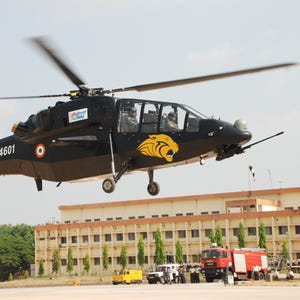GRSE close to sealing deal with Philippines on warship export
KOLKATA: Inching closer towards finalising a deal with the Philippines Navy , defence PSU Garden Reach Shipbuilders and Engineers (GRSE) has emerged as the lowest bidder for exporting two frigates to the Southeast Asian island country.
"We are the lowest price bidder for the order. Now the government is evaluating other aspects before placing the order. We are hopeful of a positive outcome but things are not final yet," Commodore Ratnakar Ghosh, Director (shipbuilding), GRSE, told PTI.
Few days ago, a team from the Philippines Navy visited the facilities of the Kolkata-based shipyard and expressed satisfaction at the infrastructure.
"If you look at the infrastructure nobody is better than us . We have been in negotiations with them for the last two years and now they are examining other bidders also," company chairman and managing director Rear Admiral (Retd) A K Verma said.
If GRSE bags the order, it will be India 's second export order for delivering a warship and a boost to Prime Minister Narendra Modi's 'Make in India' campaign.
The shipyard already has the distinction of exporting India's first warship, an offshore patrol vessel, to Mauritius in December 2014.
Buoyed by the success, GRSE had participated in the bidding process for building two frigates for the Philippines.
As per the specifications laid down by the Philippines government, they want two light frigates of 109 meter length which can run at a speed of 25 knots.
Officials said these are for general purpose use in protecting their maritime boundaries.
GRSE already has the required expertise for making frigates as the KOLKATA shipyard has bagged the order of making three advanced stealth frigates from the Indian Navy.
"In between we have the capacity to build these frigates for them," Verma said.
GRSE has also built INS Kamorta, first in its class of four anti-submarine warfare corvettes, which is the first warship ever built in the country with almost 90 per cent of indigenous content.
Ghosh said they are in touch with other nations like Vietnam and Bangladesh for building warships.
Read more at:
http://economictimes.indiatimes.com...ofinterest&utm_medium=text&utm_campaign=cppst











